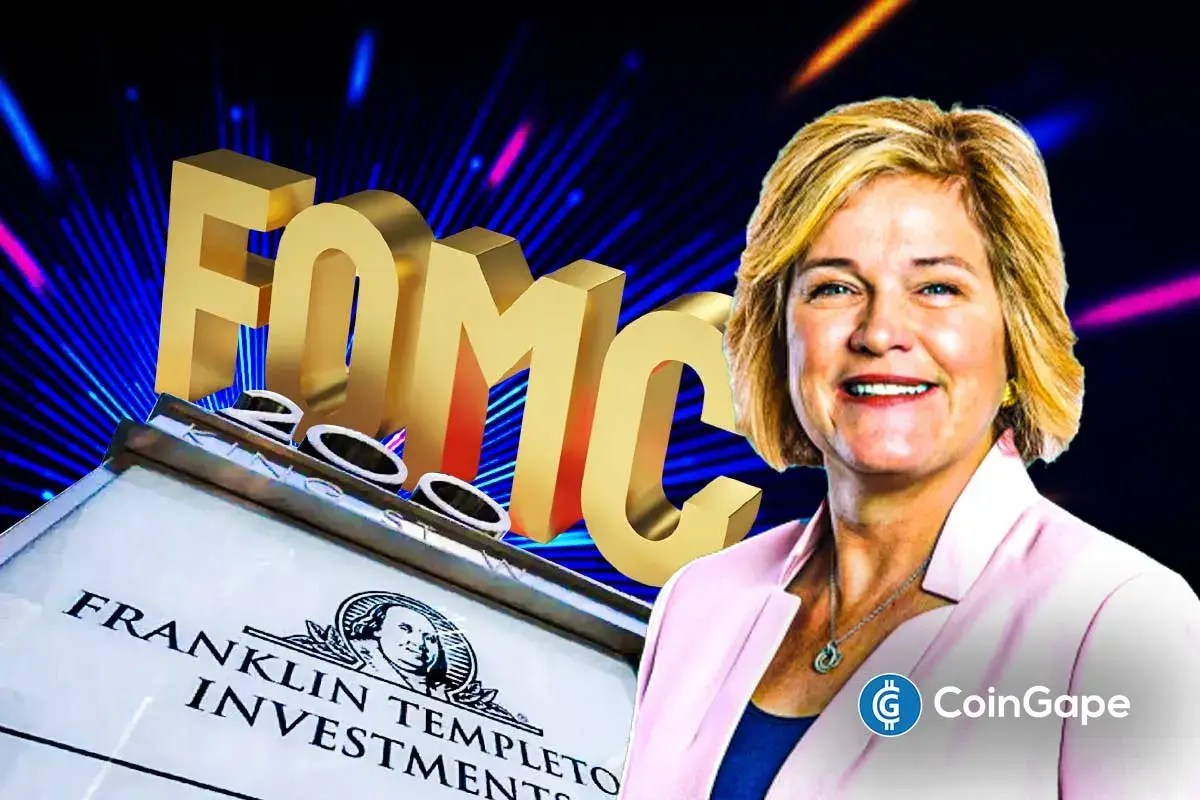Initially known as a platform for instant multi-asset trading, Uphold has grown into a provider of infrastructure for on-chain payments, banking, and investments. Behind this growth is CEO Simon McLoughlin, who spent two decades in financial services before joining the company in 2017.
In a recent podcast episode, BeInCrypto sat down with McLoughlin to discuss Bitcoin, regulatory clarity in 2025, and Uphold’s future plans, including its IPO in the US market.
The conversation began with McLoughlin sharing his entry into crypto, which stemmed from his frustrations with cross-border money transfers during his years in traditional finance. Moving funds between his UK and US accounts was slow, costly, and unreliable.
“That’s when I got really interested in Bitcoin and the ability to move money globally, quickly, and seamlessly just resonated with me,” he recalled.
However, McLoughlin sees that Bitcoin represents more than a payment tool. He called it “a revolution in computer science” that solved problems researchers had been working on for decades. One of the biggest was the double spend problem. It refers to how easily digital files, including money, can be copied.
“Bitcoin brought a bunch of technologies together that mean that a group of strangers anywhere in the world can agree on a transaction history without trust. And that is just an extraordinary technical achievement,” he added.
He also described Bitcoin as digital gold and argued it is one of the best savings technologies ever invented. In his view, Bitcoin will fuel a generational wealth transfer as digital natives come to see it in the same way his generation regarded gold.
At the same time, he emphasized its role in broadening access to finance, calling it a transformational technology that enables people around the world to use financial services without intermediaries.
When Regulation and Support Turned into Industry Uptake in 2025
Since entering the industry in 2017, McLoughlin has witnessed multiple cycles of speculation, setbacks, and recovery. When BeInCrypto asked how he views 2025, he described it as a decisive moment for digital assets.
“2025 has been the pivotal year for the industry. And you’ve seen this transformational technology that I spoke about earlier be sanctified by the formulation of clear regulations all around the world,” he said.
He pointed to the United States as a turning point. In his view, the government has firmly thrown its weight behind crypto, particularly stablecoins. He argued that Washington sees them as a tool for maintaining dollar dominance and extending the reach of the US currency into global markets.
McLoughlin added that regulation has “fired the starting gun” for traditional finance to embrace blockchain. For him, blockchain is one of the rare technologies with the potential to add percentage points to global GDP, and 2025 is when institutions began to recognize that potential.
With clearer rules in place, McLoughlin noted that interest from financial institutions has accelerated.
He noted, “What we’ve seen this year is inbound inquiries from quite large financial institutions, banks, brokers, payment firms, who are now seeking to understand and embrace blockchain and digital assets. And because regulations have not been in place earlier, they’re behind the curve. So they’re now rushing to adopt digital assets.”
He pointed to examples including a German bank and a UK bank that now offer digital assets to clients through Uphold, along with several brokers that went live in the first half of 2025. McLoughlin noted that these inquiries have “accelerated our growth this year tremendously.”
Uphold Prepares for Its Next Phase of Growth
After reflecting on why 2025 marked a turning point for crypto and for Uphold, McLoughlin turned to what lies ahead for the company. He outlined three initiatives that the company is preparing for the near term.
The first is easyBitcoin, a standalone app designed for beginners. The app is aimed at encouraging regular, small purchases rather than speculation.
“It allows you to buy and hold Bitcoin and earn rewards. So you get 1% for buying Bitcoin, you get 2% for holding Bitcoin, and it’s very much a savings technology,” he explained.
The second is a debit card launch in the United States. According to McLoughlin, the card will pay 4% cashback in XRP for the first 90 days on all purchases, or 6% with an elite version. He contrasted Uphold’s card with others on the market that impose limits or caps, describing it as a straightforward rewards product with no fine print.
The third initiative, and the one he described as most important, is an on-chain borrowing and lending platform due to launch in October. McLoughlin stressed that it removes barriers such as credit records and avoids triggering tax events, making it a more inclusive form of finance.
“We’re opening up an on-chain liquidity pool that will allow our customers to either lend assets and earn a yield or to borrow stablecoin and pay back in a very flexible way,” he said.
Alongside these product launches, McLoughlin confirmed Uphold’s plan to go public in the United States. He pointed to strong investor appetite for recent crypto IPOs as validation that the market recognizes the sector’s potential.
“We intend to go to the public markets in the US next year. We’re targeting Q3 next year and we’re busy preparing now,” he stated, adding that the company is at an advanced stage in the process.
This feature highlights key moments from BeInCrypto’s conversation with Simon McLoughlin. Watch the full episode on BeInCrypto’s YouTube channel, where he also shares his favorite blockchain use cases and the influences shaping his leadership at Uphold.
Source: https://beincrypto.com/uphold-ceo-bitcoin-regulation-ipo-plans/


